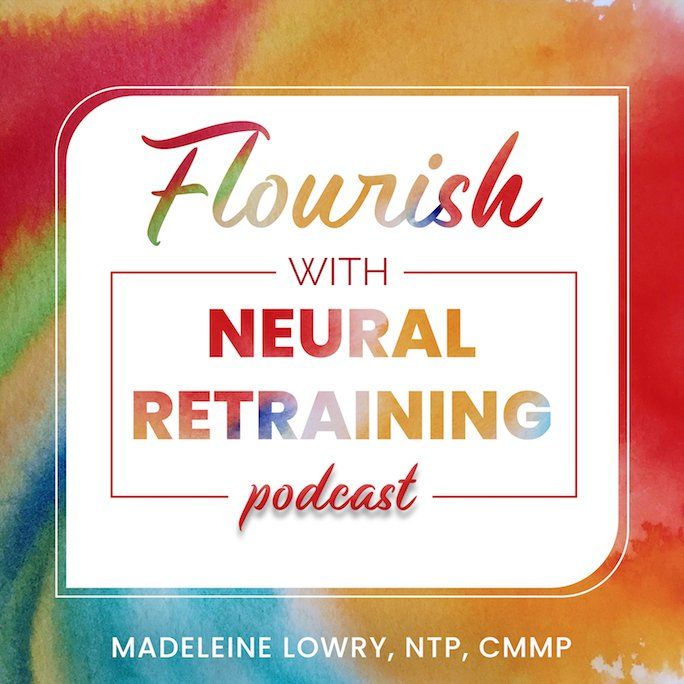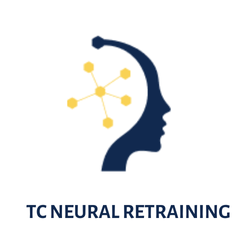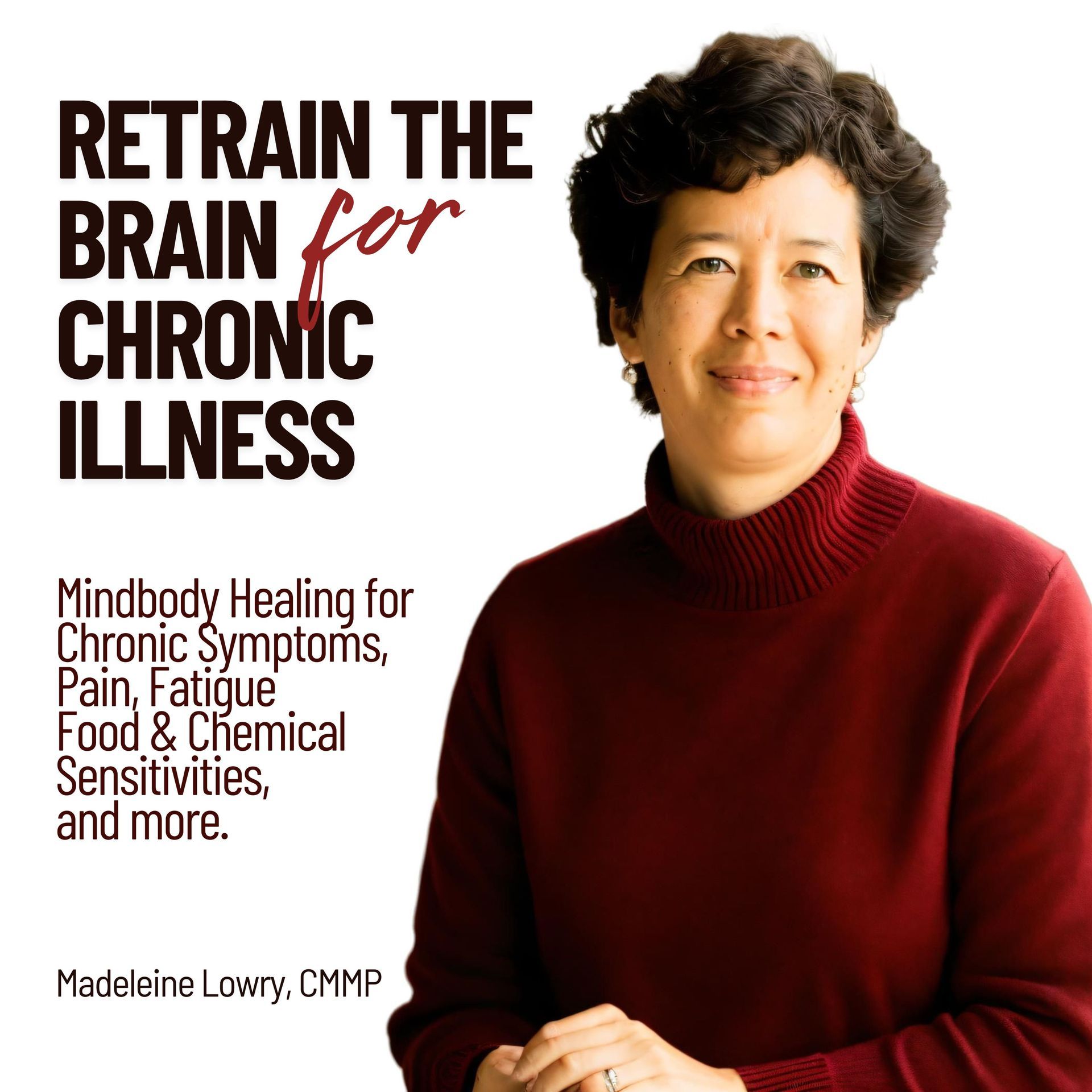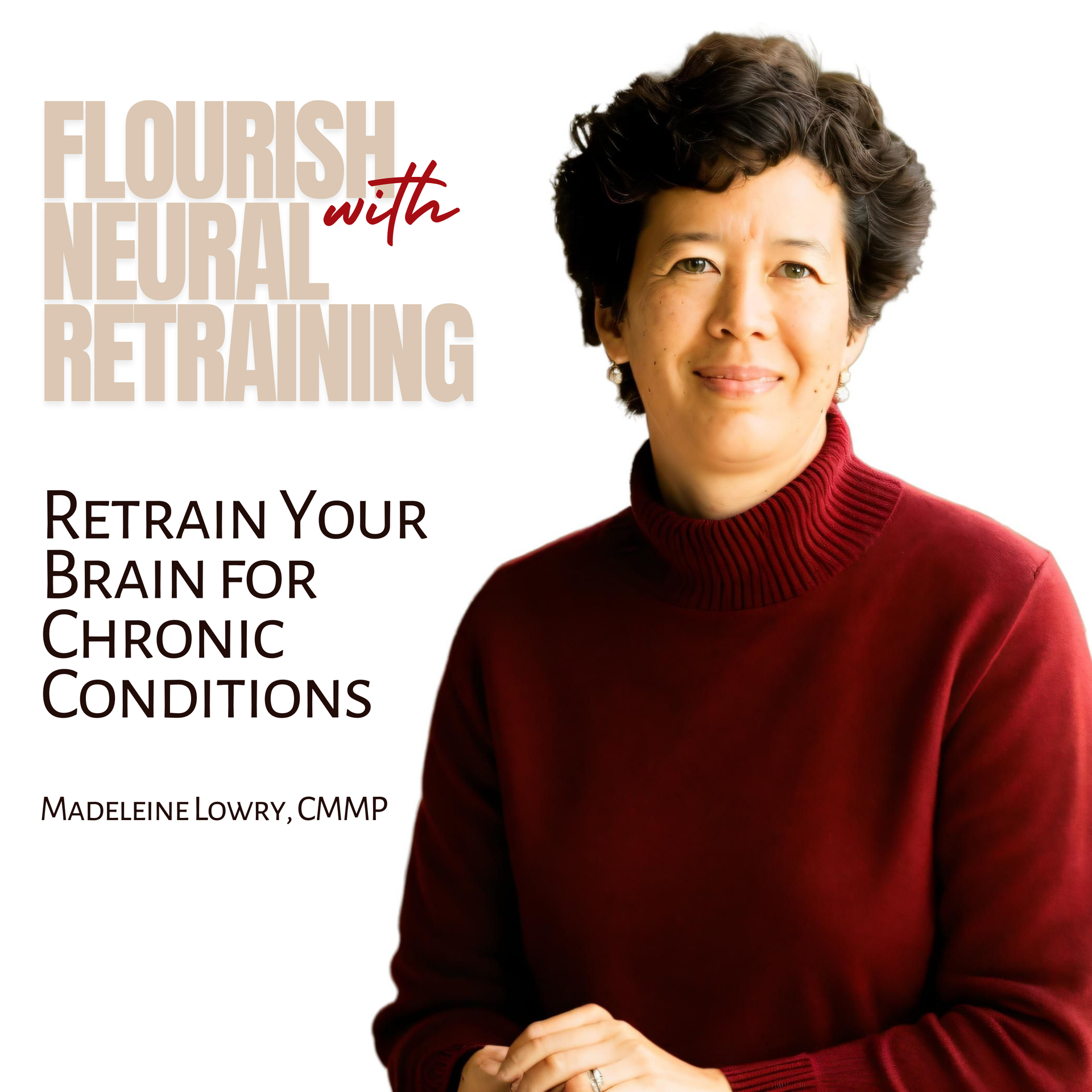MAP for Personality Traits that Predispose to Chronic Illness
Flourish with Neural Retraining Podcast, Episode 61 - A Listener's Guide

Listen to the podcast episode
In This Episode
- How personality traits influence the risk of chronic health conditions.
- How personality traits are formed and how they can be changed.
- Why repressive personality traits, like the Type C personality, lead to chronic health issues.
- How advanced neural retraining can change habitual emotional, mental and behavioral responses.
Show Notes
In episode 61, I’m going to describe the personality traits that predispose to chronic illness. These include being a people-pleaser, caretaker, over-achiever, conflict-avoider, perfectionist, overly responsible, and other self-sacrificing and emotionally-repressive tendencies.
I will talk about my own understanding of how habitual emotional, mental and behavioral responses, which is essentially what personality traits are, as well as the work of others who have published on this topic, including Dr. Gabor Maté, Lydia Temoshok, PhD, Lawrence LeShan, Dr. John Sarno, and Garry Flint, PhD.
In this episode I’ll discuss:
- The connections between early life trauma, the formation of the personality, and the impact on lifetime risk of chronic illness.
- The characteristics of the Type C personality and how it predisposes to chronic illness, including cancer, autoimmune diseases and ALS.
- How personality traits are formed, and the relationship between memory structures and habitual emotional coping styles.
- Why people learn to be compulsively self-sacrificing.
- The two primary human needs.
- The stress response (fight/flight/freeze) and how repressive emotional styles degrade our health by promoting the sympathetic dominant state.
- How emotional repression makes us more vulnerable to chronic infections, injuries and emotional stressors.
- How MAP can be helpful in changing patterns of emotional, mental and behavioral responses.
If you enjoyed this episode, don’t miss episode 52:
MAP for Painful Memories
which explains how resolving trauma memories lays the foundation for healing.
To learn more about the MAP Method and how it works, visit
mapforhealth.us
for our free courses. To schedule an Introductory MAP session please book online at
MindReMAPforHealth.com
Moments
[6:30] ...the Type C personality: the person who is passive, self sacrificing appeasing unassertive, compliant, patient to a fault, the person that doesn't express negative emotions, and in some cases don't even register them...
[12:00] Similarly, repressive coping styles are conditioned emotional, mental and behavioral patterns. Why would a person learn to repress their emotions and needs? Why would a person learn to be compulsively self sacrificing when it is clearly not in their best interests? And the answer to that is in trauma...
[20:00] The average person may have 50-100 stress responses a day, but for the person with repressive coping styles that may be several hundred stress responses a day. Every time you go into that stress response you put the brakes on the functions that are needed to maintain health.
[27:30] With the MAP Method we can uncover the early memories that led to these coping styles. You don't have to know what the memory was because your subconscious has access to all memories.
[32:30] We can work with the memories of the stressors that were present around the time that the symptoms intensified or that the diagnosis was made. We can work with the memories or the beliefs that you had...in sessions and by doing so we start to change. First the emotional responses, then the mental and behavioral patterns, and finally changes on a physiological level.
Learn more
- Listen to more Flourish with Neural Retraining podcast episodes.
- Learn about How Personality Traits Lead to Chronic Illness.
- Watch the video explanation: Why Do Sensitive People Develop Chronic Illness?
- Learn more about the MAP Method and How it Works
- How the MAP Method effectively heals trauma.


Madeleine Lowry, NTP, CMMP
Certfied MAP Method Practitioner
Madeleine specializes in neural retraining for chronic conditions. As a Nutritional Therapy Practitioner, she worked with many clients who were interested in eliminating allergies, sensitivities and intolerances. After learning a basic method and seeing its limitations, she trained in an advanced method of retraining the brain and now offers MAP sessions over Zoom and online self-paced programs for Anxiety/Depression, Sensitivities, Chronic Pain, Self-Healing, and COVID Long.
Related Posts




